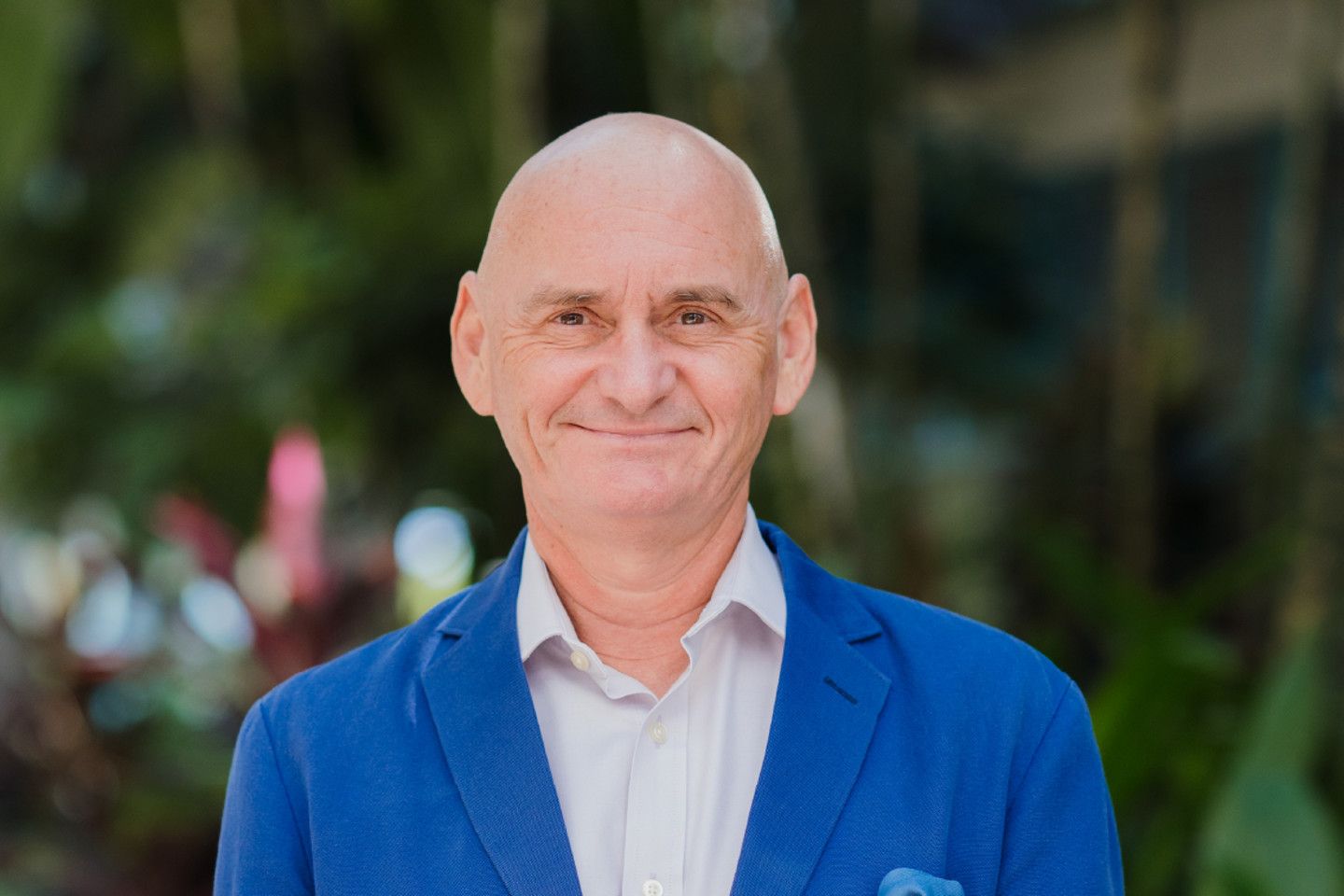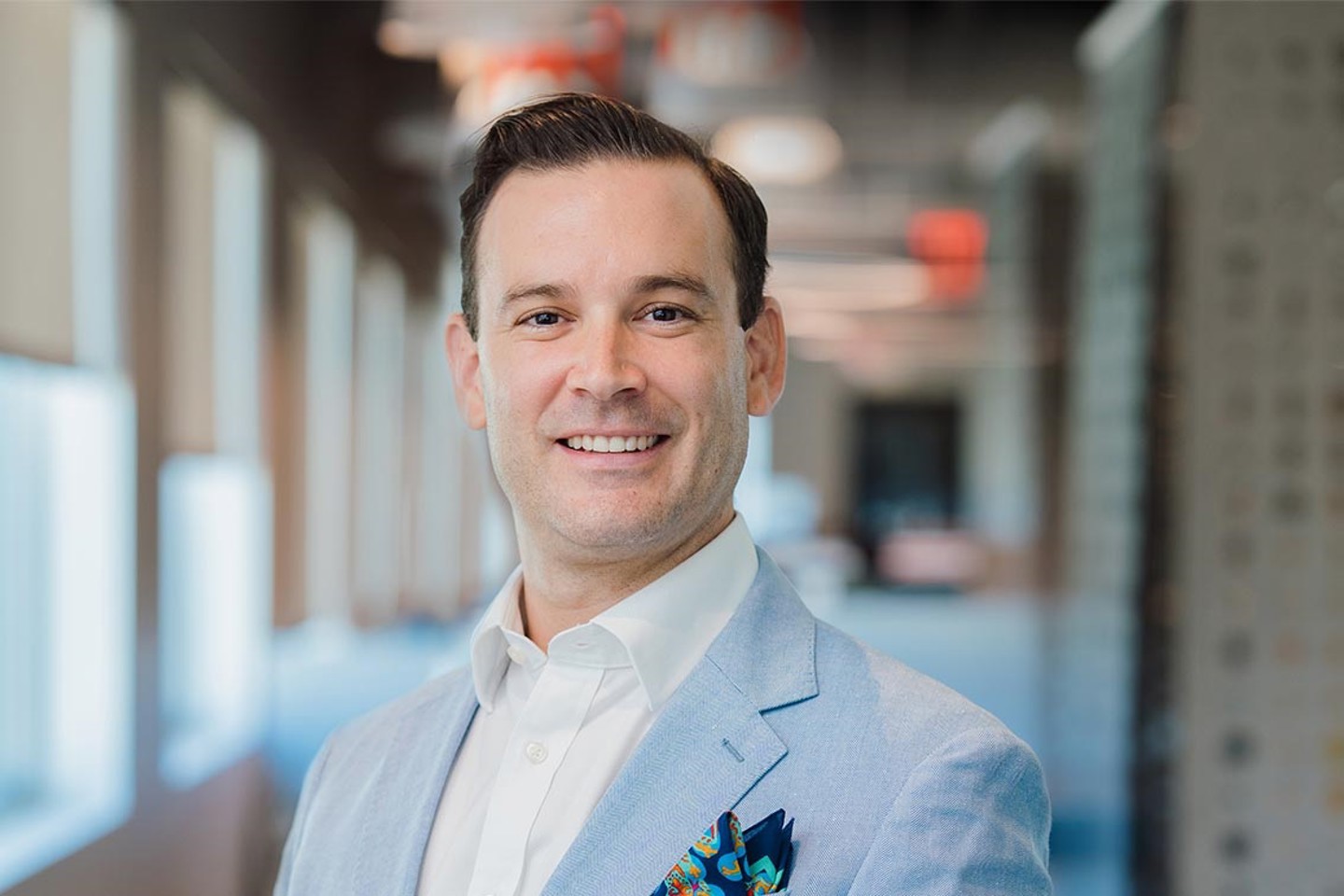The pandemic has brought the need to have a current Will even more sharply into focus. Quite apart from the sense in ensuring our assets pass to those we would wish them to pass to, the choice of who will make sure the terms of the Will are carried out ("Executors") and, perhaps even more importantly, who will act as guardians of our minor children, should not be left to chance.
Very broadly, Wills in the British Virgin Islands ("BVI") and Cayman Islands ("Cayman") tend to be of two types: the first is where the person making the Will (the "Testator") is resident and domiciled overseas; and, second, those for Testators resident and domiciled in Cayman or BVI. The former tend to be much shorter as they are usually supplemental to a main overseas will or other succession arrangement and commonly only deal with a choice of Executors and one asset, either property held in BVI or Cayman or shares in a BVI or Cayman company which owns assets overseas. This article deals with both types and then highlights some of the particular considerations for those from overseas.
Who should be my Executors?
The Executors are tasked with identifying the assets of the deceased and any liabilities, applying to court for the grant of probate entitling them to deal with gathering the assets and paying the liabilities and with the subsequent administration of the estate. They then distribute the assets to the heirs under the Will. If the Will contains a Will trust, such as that the estate is held for minor children until they attain a certain age, the Executors become the trustees of the trust. A common choice is for a spouse to be the Executor with two or three others named as substitutes if the spouse does not survive. As being an Executor is a complex and time consuming role, a Testator may alternatively choose to appoint a suitable professional firm to act, particularly where the Testator and his family all reside overseas.
Are there any particular considerations regarding real estate, personal items or shares?
Where a Testator resides and is domiciled in BVI or Cayman they are free to leave their assets in any way they choose. Where a Testator is domiciled overseas but has assets in BVI or Cayman the situation is more complex. Many countries have rules dictating which family members are entitled to a deceased's assets and in what proportions ("Forced Heirship"). Whether Forced Heirship affects a person's assets held in BVI or Cayman will depend on the type of asset. Both jurisdictions make an important distinction between real estate ("Immovable Property") and "Moveable Property" such as cash, shares, artwork or jewelry. Immovable Property in BVI or Cayman will pass in accordance with the terms of the BVI or Cayman Will whereas Moveable Property may pass in accordance with any Forced Heirship rules in the Testator's domicile. In any event, it could well be worth having a BVI or Cayman will if only to appoint particular Executors. If a Testator wishes that Moveable Property held in BVI or Cayman, for example shares, should not follow the Forced Heirship rules in the country where the Testator is domiciled, then they may need to consider setting up a lifetime trust or other arrangement to hold the shares.
If the Testator is resident in BVI or Cayman they may also wish to think about making specific gifts of cash to charity or particular individuals or of, for example, family heirlooms to family members.
What about all my other assets (residue)?
Subject to any Forced Heirship considerations, this could be as straightforward as everything passing to the spouse or, if they predecease, to the children (or, if any of them predecease, their children). However, if, for instance, there are concerns about the spouse remarrying or there are children from a previous marriage, it could be appropriate to include more complex provisions, such as the spouse being entitled to income for life but not capital.
Will I need a separate Will for my assets outside BVI or Cayman?
If the Testator is from overseas they may also need an up to date main Will or other succession arrangement in place in their home jurisdiction. Those resident and domiciled in BVI or Cayman could need to think about a supplementary Will for any assets they hold overseas, particularly real estate. In either case, it is important to seek professional advice to ensure that one Will does not inadvertently revoke the other.
Who will look after my minor children?
In BVI and Cayman, this will be the surviving parent. In case they do not survive, it is very important to name who will become the guardians and think about how the estate should fund the guardians looking after the children until they become adults.
What about if I wish to be cremated/buried?
If the Testator has particular funeral arrangements in mind, these should be included in the Will.
How do I execute my Will?
There are strict rules which must be followed before a Will can be formally accepted as validly signed ("Executed"). In BVI and Cayman, a Will can be Executed either on island or overseas, but it must be signed by the Testator in the physical presence of two adult witnesses (who must not be beneficiaries) present together who must then also sign as witnesses. In the case of a BVI Will for a Testator domiciled overseas, to the extent it deals with Movable Property such as shares, it must be executed in accordance with the requirements of the Testator's domicile.
What about restrictions in the COVID-19 pandemic?
Meeting the strict rules required to execute a Will may be challenging for those presently self-isolating or only having contact with family members. Nevertheless, unless and until there is a change in the law to relax these rules, a Testator should still comply with the present requirements.
No Content Set
Exception:
Website.Models.ViewModels.Blocks.PageBlocks.CardBlocks.DownloadCardBlockVm
Locations: BVI | Cayman Islands
Related Services: Wills & Probate | Wills & Estate Planning



